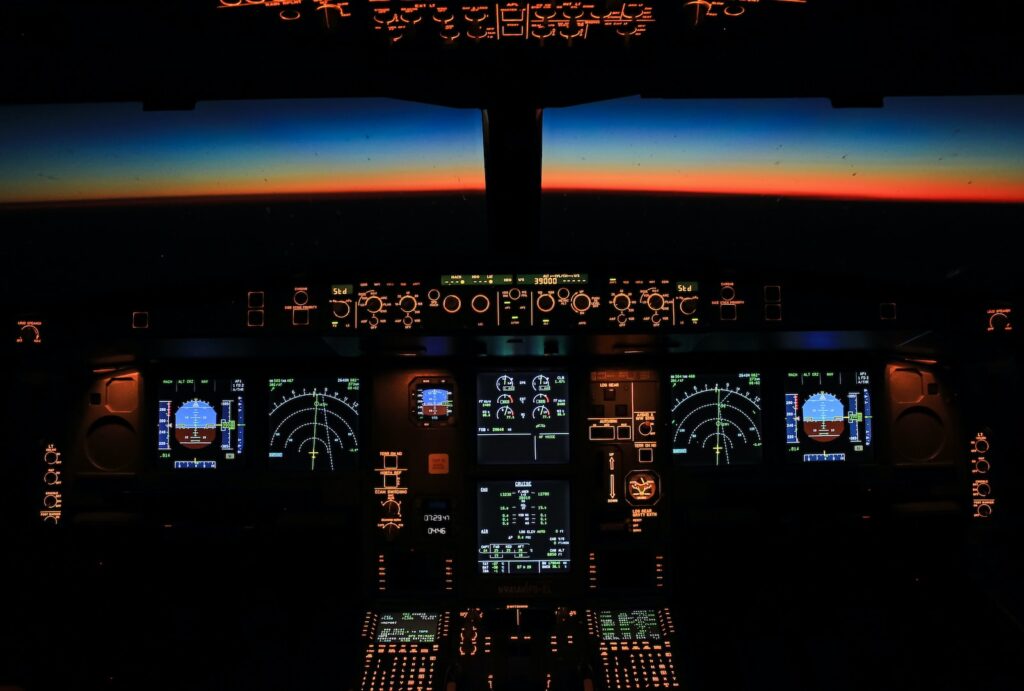Project Speedbird to save 26,000 flights worth of CO2
The UK-based sustainable aviation fuel project is continuing apace following significant investment in the past year.
A partnership venture between Nova Pangaea Technologies, Lanzajet and British Airways, the UK government has now committed £9million from its Advanced Fuels Fund (AFF).
This injection of cash follows multi-million input from the International Airlines Group and British Airways during summer 2023. As a result, it will now be possible to scale up operations significantly, with tangible impact in the coming years.
By 2028, it is hoped Project Speedbird will be running at full capacity, producing 102million litres of sustainable aviation fuel per year, reducing net CO2 lifecycle emissions by the equivalent of around 26,000 British Airways domestic flights. The calculation is based on the average routes travelled in 2019. This will help contribute to the UK’s own target of 10% of all jet fuel coming from sustainable feedstocks by 2030.
‘Nova Pangaea Technologies are delighted to have secured this multi-million-pound investment,’ said Jimmy Samartzis, Chief Executive Officer at LanzaJet. ‘With support from the Government, and in partnership with British Airways and LanzaJet, we can now accelerate our next phase of development and the commercialisation of our technology, to help take the UK one step closer to becoming a global leader in SAF.
‘Our first commercial-scale production facility will be the first of its kind in the UK, and will use wood residues and non-food derived agricultural waste as its feedstocks,’ he continued. ‘Our partnership, Project Speedbird, will play a transformational role in decarbonising the aviation sector, as well as providing local employment opportunities in the North East.’
More on sustainable aviation fuel:
$2.1trillion and fleet upgrades needed for net zero aviation by 2050
Image: Andrés Dallimonti

















